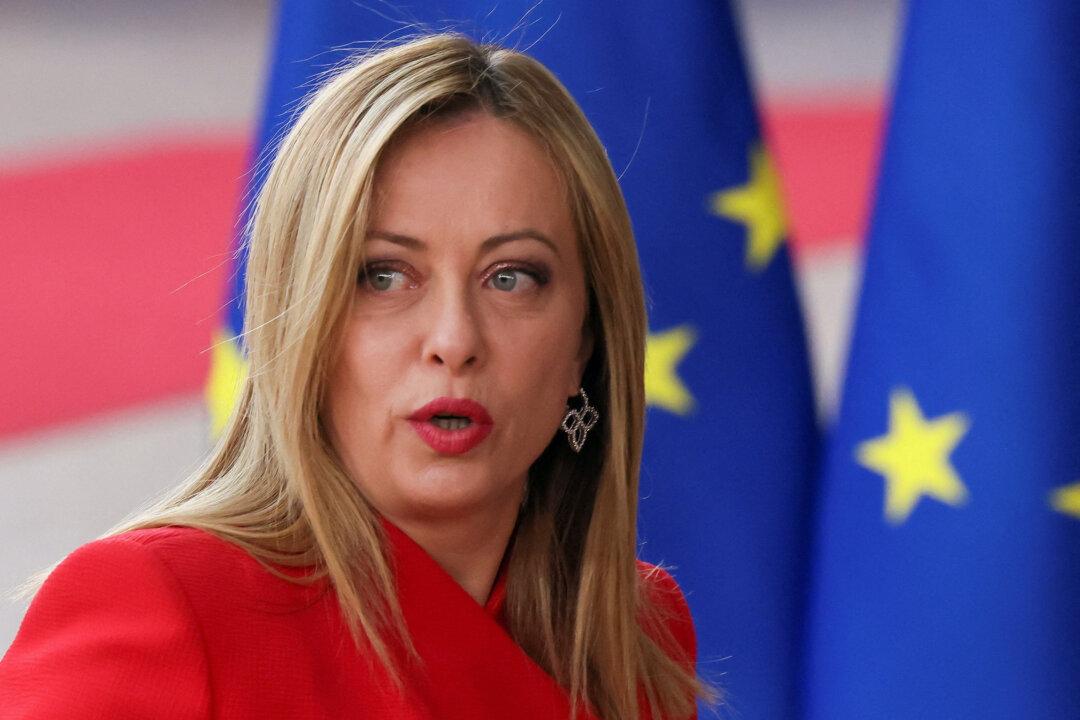An Italian city has begun removing the names of non-biological mothers of same-sex couples from children’s birth certificates—a move that the country’s government insists is in line with the existing laws.
The cancellation of birth certificates is happening in Padua, a city located in the northern region. Italy has refused to give full adoption rights to same-sex couples due to a fear that it would trigger a rise in surrogate pregnancies, a practice that is outlawed in the country. In June, Valeria Sanzari, a prosecutor from Pauda, filed a lawsuit seeking to cancel 33 birth certificates of children born to couples who identify as lesbian.





